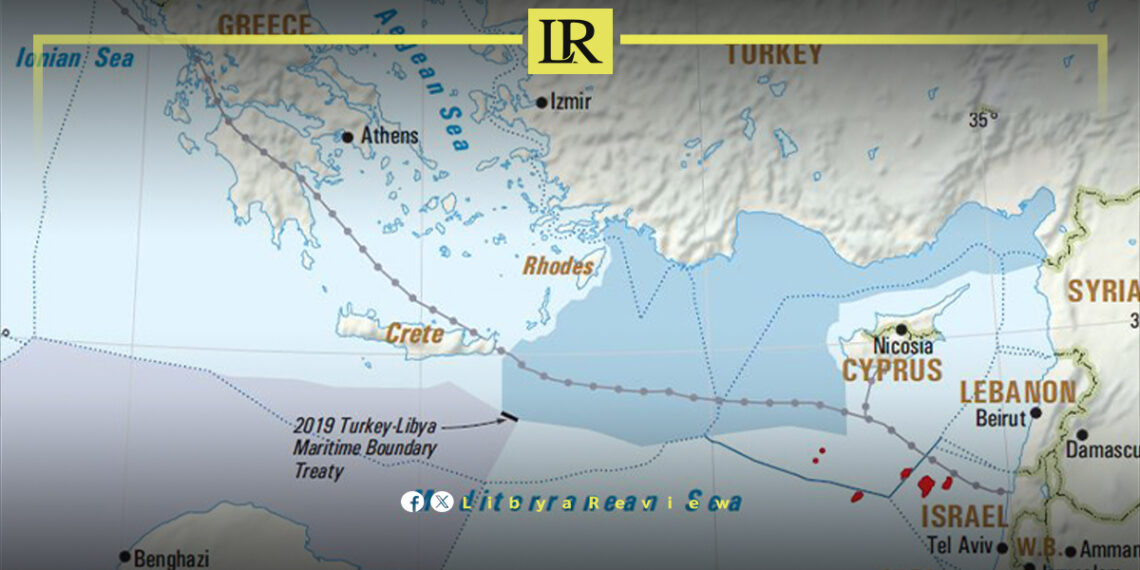A recent analysis by Greek City Times has highlighted the formation of a new geopolitical axis involving Turkey, Pakistan, and both the Libyan Government of Stability in the east and the Government of National Unity (GNU) led by Abdel-Hamid Dbaiba. The report warns that this evolving partnership poses a direct threat to Greek strategic and maritime interests in the Eastern Mediterranean.
The report notes that the alliance is gaining both operational and strategic dimensions, citing the July visit of Lieutenant General Saddam Haftar, Chief of Staff of the Ground Forces of Libya’s eastern-based General Command, to Pakistan. During the visit, Haftar signed an agreement to strengthen bilateral naval cooperation.
This move is seen as significant given that eastern Libya, historically opposed to Turkey, is now engaging with Pakistan — one of Ankara’s closest military allies.
The Turkish–Pakistani partnership spans defense industries and joint naval exercises. The report warns that Pakistan’s growing presence in the Mediterranean is concerning due to its lack of historical role in the region, its nuclear capabilities, and potential to transfer expertise in drones and missiles to Libya via Turkey.
The article recalls the 2019 maritime boundary agreement signed between Turkey and Libya, which Athens rejects as it disregards Greek maritime rights. According to the report, Turkey has been seeking to reinforce the deal by holding informal talks with representatives from eastern Libya in a bid to gain partial acceptance.
The analysis concludes that Ankara aims to create a unified strategic cooperation sphere in Libya, linking it to Pakistan and bolstering Turkey’s influence in the Mediterranean. The report urges Athens to reassess its strategic posture, noting that Turkey is no longer acting alone but alongside a nuclear-armed ally.


